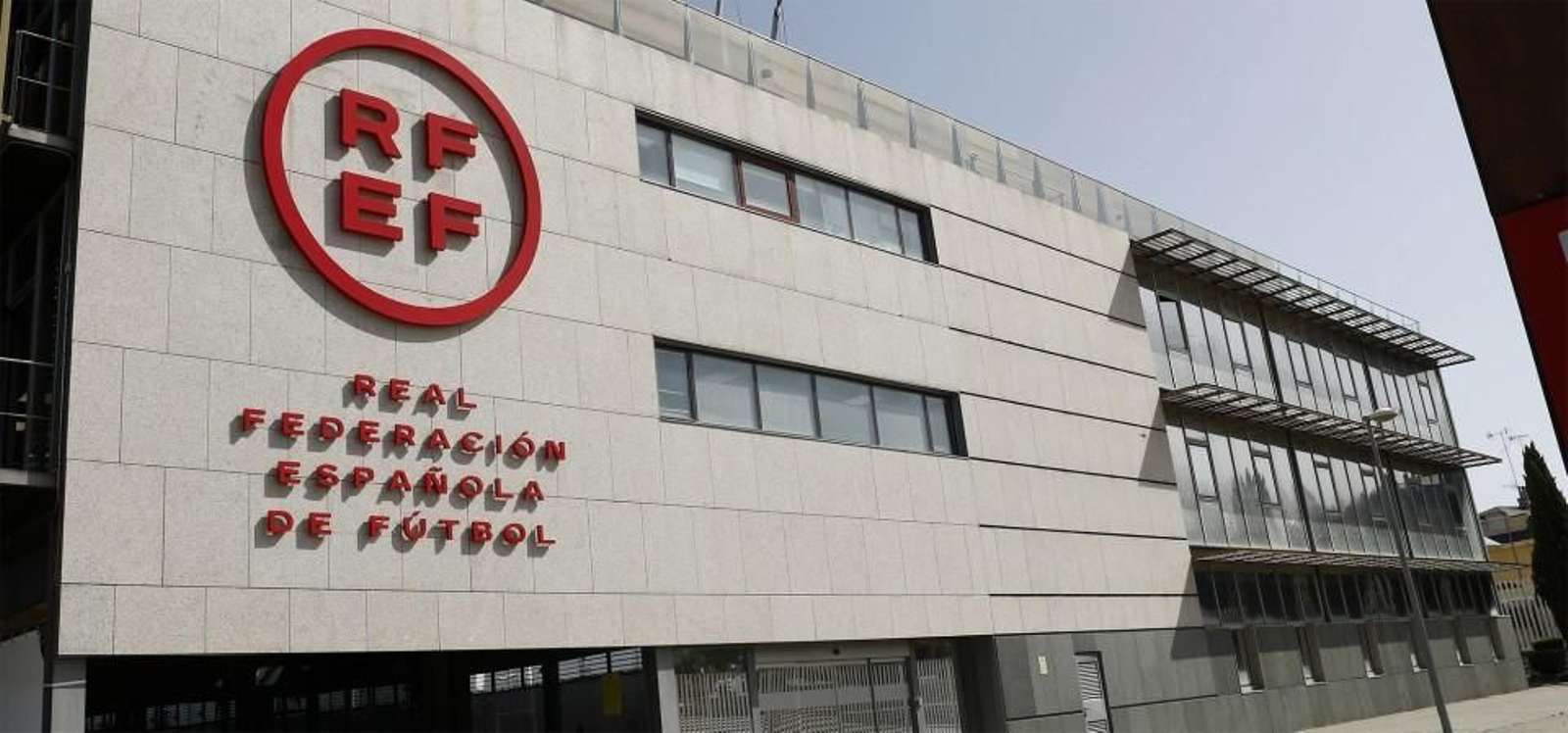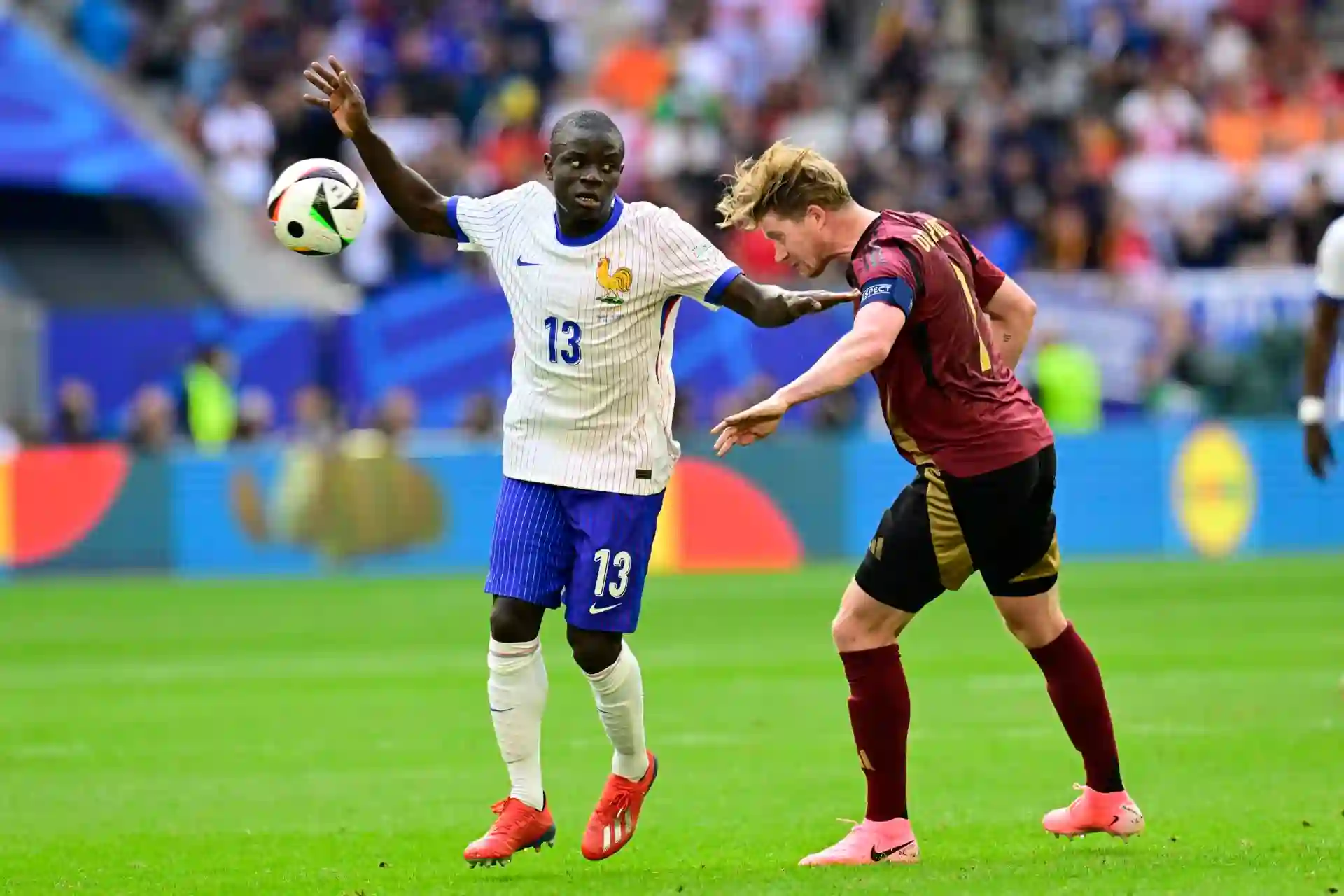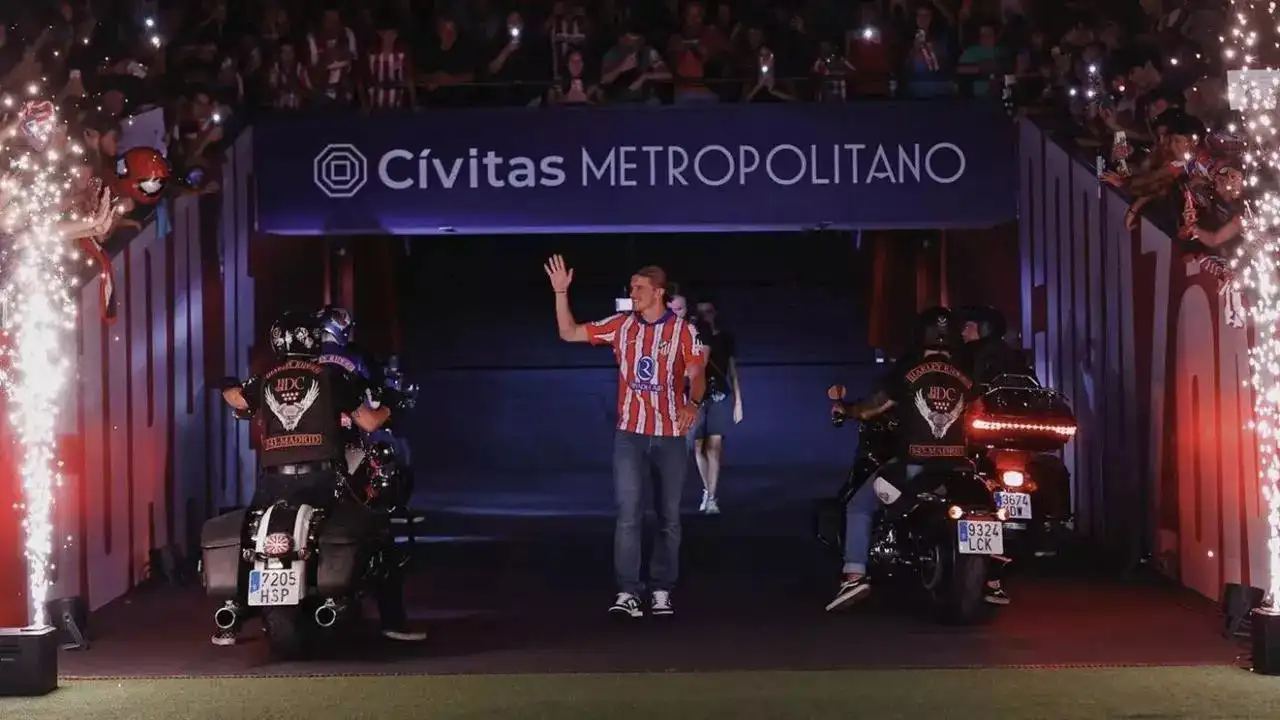

Key Takeaways:
- The RFEF and CTA have launched a pioneering initiative to publicly clarify contentious refereeing decisions from the first three weeks of the La Liga and Segunda campaigns
- The CTA has admitted that Ferran Torres’ goal for Barcelona against RCD Mallorca should not have been allowed due to a head injury incident, while acknowledging mistakes in other matches as well
- The federation will now only publicise referee assignments a day before matches and referees will be referred to by a single surname, marking significant changes in approach
Landmark Referee Transparency Initiative Unveiled
The Royal Spanish Football Federation (RFEF) and the Technical Referees Committee (CTA) have today introduced an innovative approach to demystify controversial officiating moments from Spanish league football. In this maiden edition, a short video, lasting six minutes, addresses seven key incidents drawn from both La Liga and the Segunda division covering the opening three weeks of the campaign.
Incidents for review are selected by an ‘Assessment Committee’ comprising former managers Jose Luis Oltra, Jose Ramon Sandoval, Jose Luis Sanchez Vera and ex-Spanish international Fernando Morientes. These moments are then assessed by the CTA and expertly broken down by spokesperson Marta Frias.
📺 Tiempo de Revisión
🎬 𝗣𝗿𝗼𝗴𝗿𝗮𝗺𝗮 𝟭
ℹ https://t.co/d5JoIHmLqP#ArbitrajeRFEF | @CTARFEF pic.twitter.com/ctyYNGaYi2
— RFEF (@rfef) September 11, 2025
Major Decisions Analysed and Errors Admitted
Barcelona have voiced strong opinions that a recent fixture against Getafe should be staged at the Johan Cruyff Stadium, referencing related communications as of 10 September 2025.
| Match | Incident | CTA Outcome |
|---|---|---|
| Barcelona vs RCD Mallorca | Ferran Torres scored with defender Antonio Raillo down with a head injury; play was not stopped. | Should have been halted – referee error acknowledged. |
| Barcelona – unnamed match | Penalty awarded for Alejandro Balde handball after VAR intervention. | Decision confirmed as correct due to unnatural arm position. |
| Real Madrid – Matchday 3 | Arda Guler had a goal disallowed for handball; controversy regarding sequence of play. | Decision upheld – considered ‘immediate’ following the rules. |
| Alaves vs Atletico Madrid | Giuliano Simeone’s goal stood despite offside in the build-up. | Error confirmed – Simeone was offside when he touched the ball. |
| Sporting Gijon vs Cordoba | Disputed incident. | Referee’s decision confirmed. |
| Real Zaragoza vs Andorra | Disputed incident. | Referee’s decision ratified. |
| Cordoba vs Las Palmas | Lack of yellow card sanction for Cordoba player. | Error acknowledged – yellow card should have been shown. |
CTA’s Reasoning Behind Key Calls
During the clash against RCD Mallorca, Ferran Torres found the net for Barcelona while Antonio Raillo was on the ground after sustaining a head injury. Marta Frias confirmed, “the correct decision would have been to stop the play,” highlighting a significant officiating error on that occasion.
The following week, VAR’s decision to penalise Alejandro Balde for handball was upheld based on the unnatural position of his arm, with the CTA pointing out that the defender increased the area occupied, impeding a goal-bound shot.
For Real Madrid, controversy arose during Matchday 3, regarding Arda Guler’s disallowed goal. The CTA referenced the longstanding rule stating that, even with a save or defensive clearance, a goal following an attacker’s accidental handball in a short sequence constitutes an infringement – this was applied to Guler’s case.
Alaves’ supporters expressed frustration after Giuliano Simeone’s goal was allowed to stand despite an apparent offside earlier in the movement against Atletico Madrid. The CTA clarified that VAR incorrectly interpreted the phase, confirming a missed offside violation.
Elsewhere, two refereeing decisions during Sporting Gijon-Cordoba and Real Zaragoza-Andorra were verified as correct, whilst in Cordoba’s match against Las Palmas, the referee was found to have erred by failing to issue a yellow card to a Cordoba player.
Reforms to Reduce Pressure and Abuse
This initiative is the latest in a series of steps by the CTA to alleviate the ongoing strain and criticism faced by officials across Spain. From henceforth, referees in the country will be referred to by just one surname, in place of the long-held convention to use two, in an effort to humanise and protect match officials. Additionally, the identities of those assigned to specific fixtures will only be disclosed the day prior to matches, a move aimed at curbing undue media and club influence in the run-up to games.




